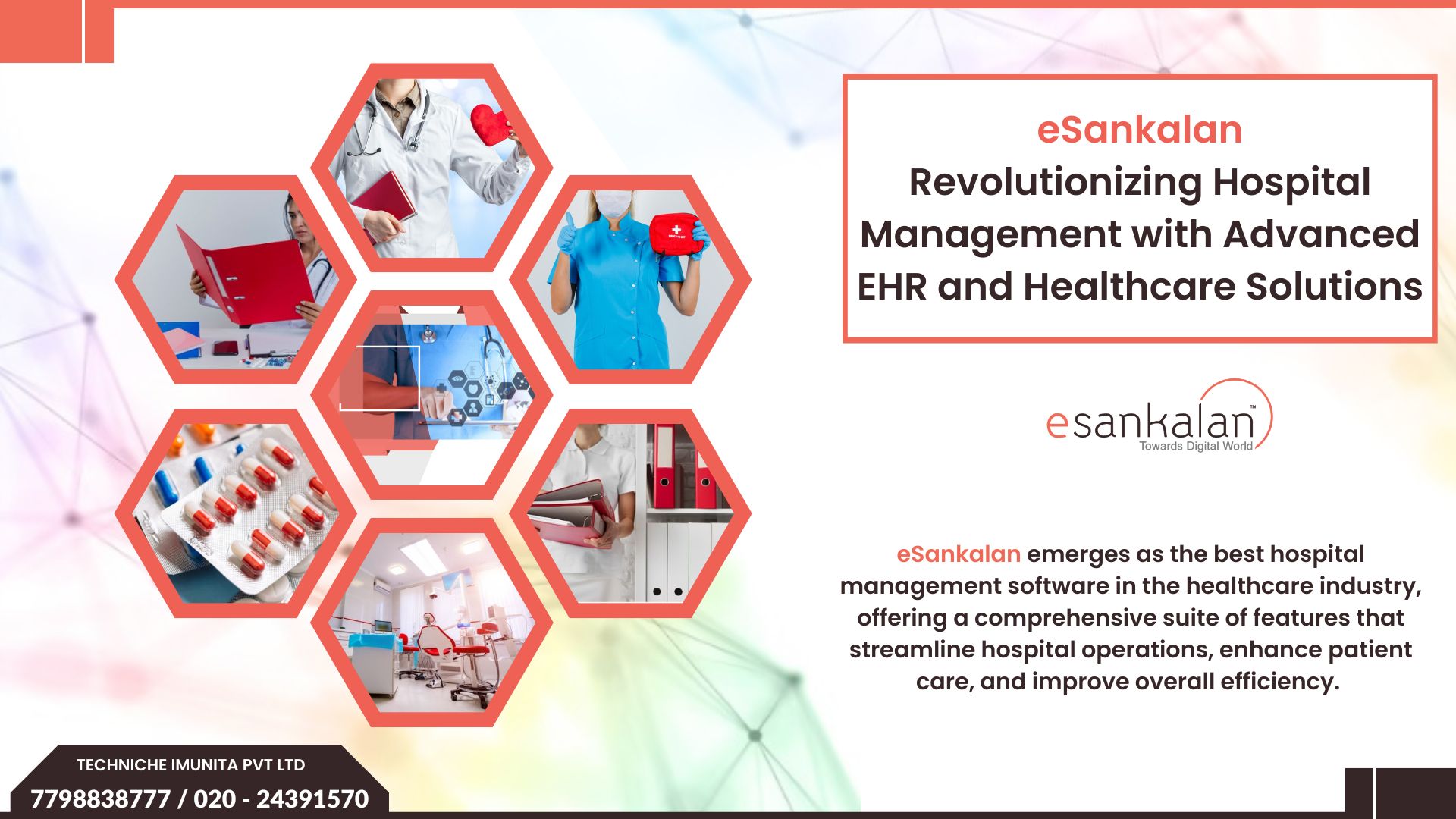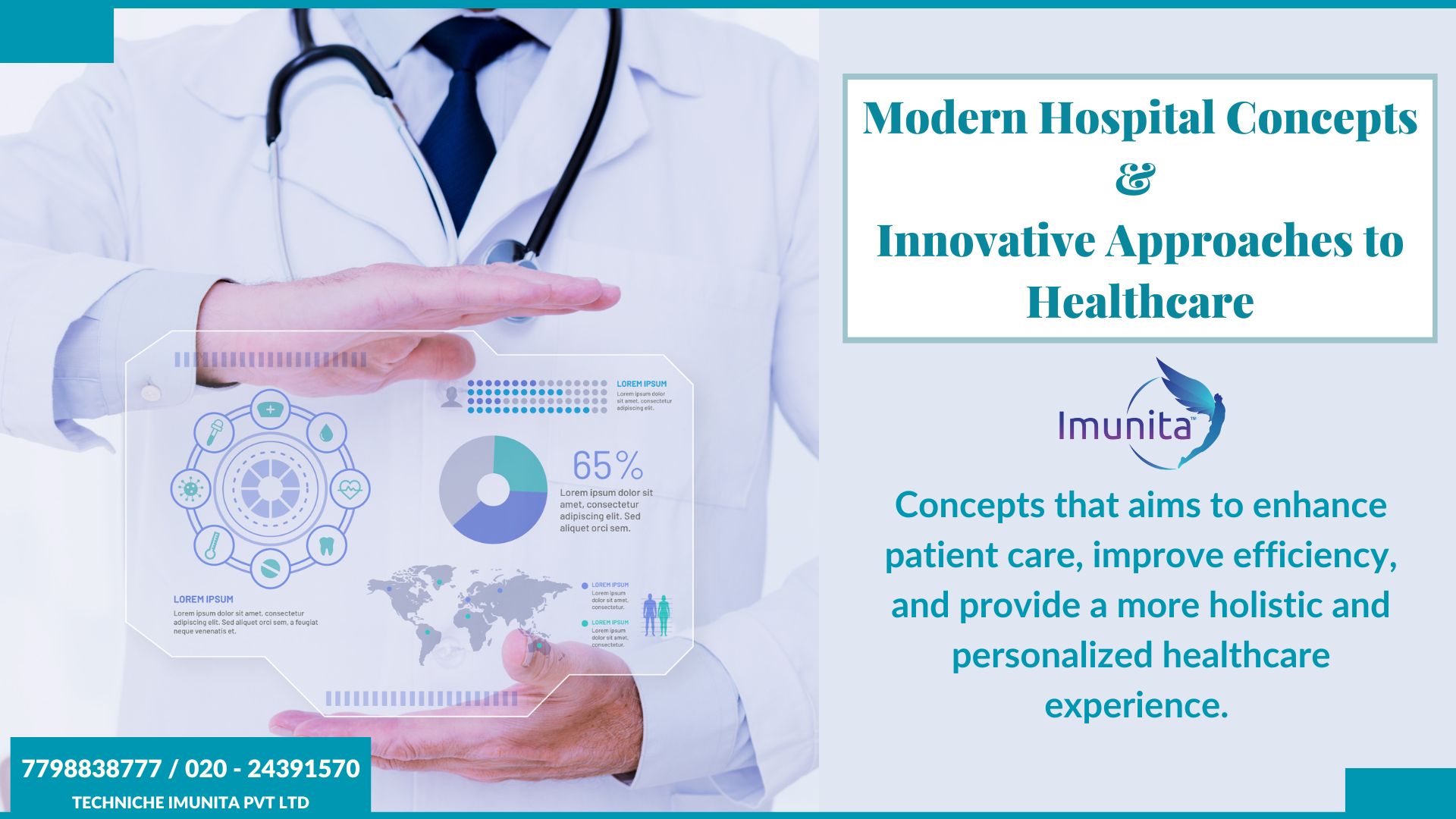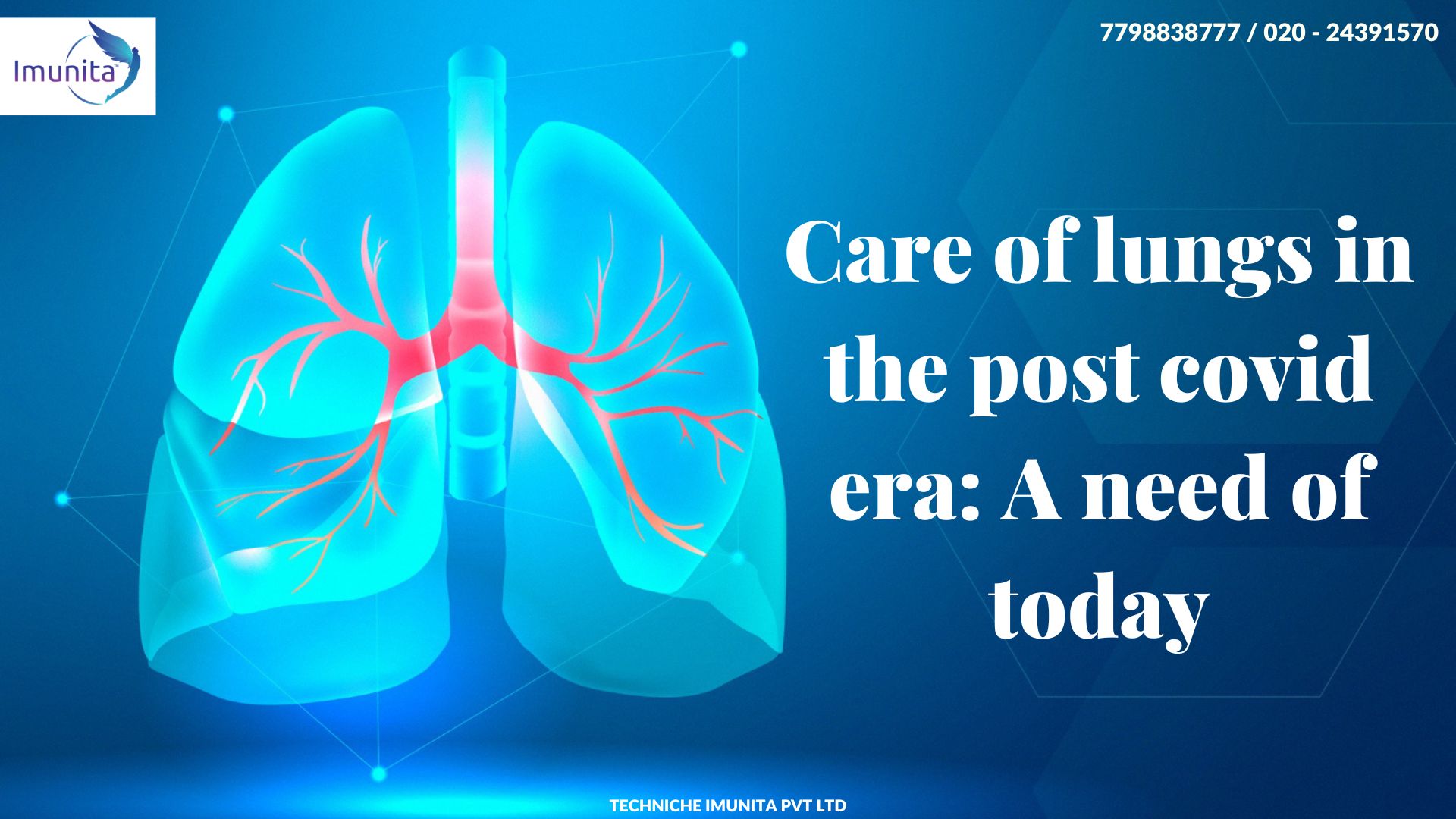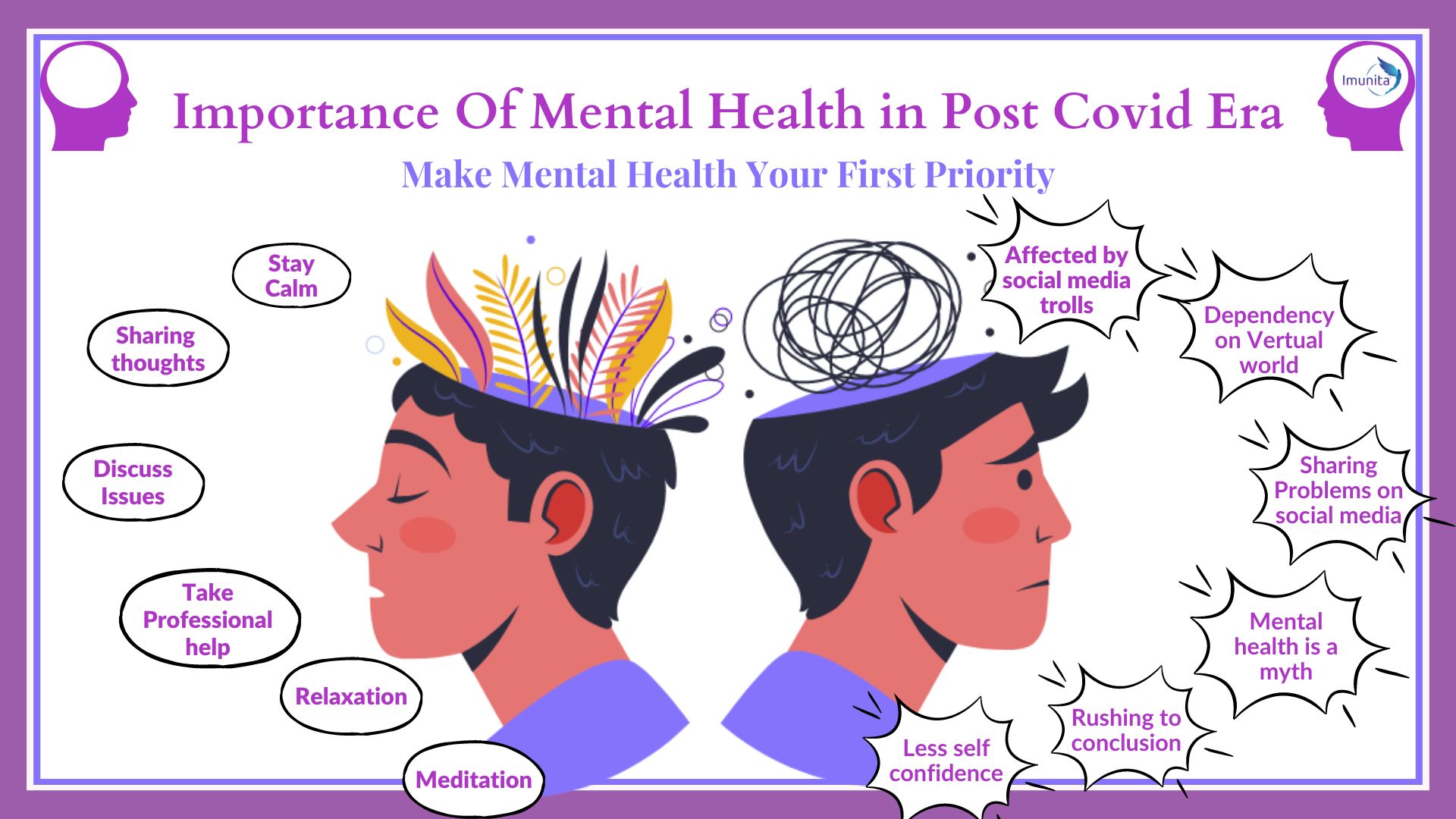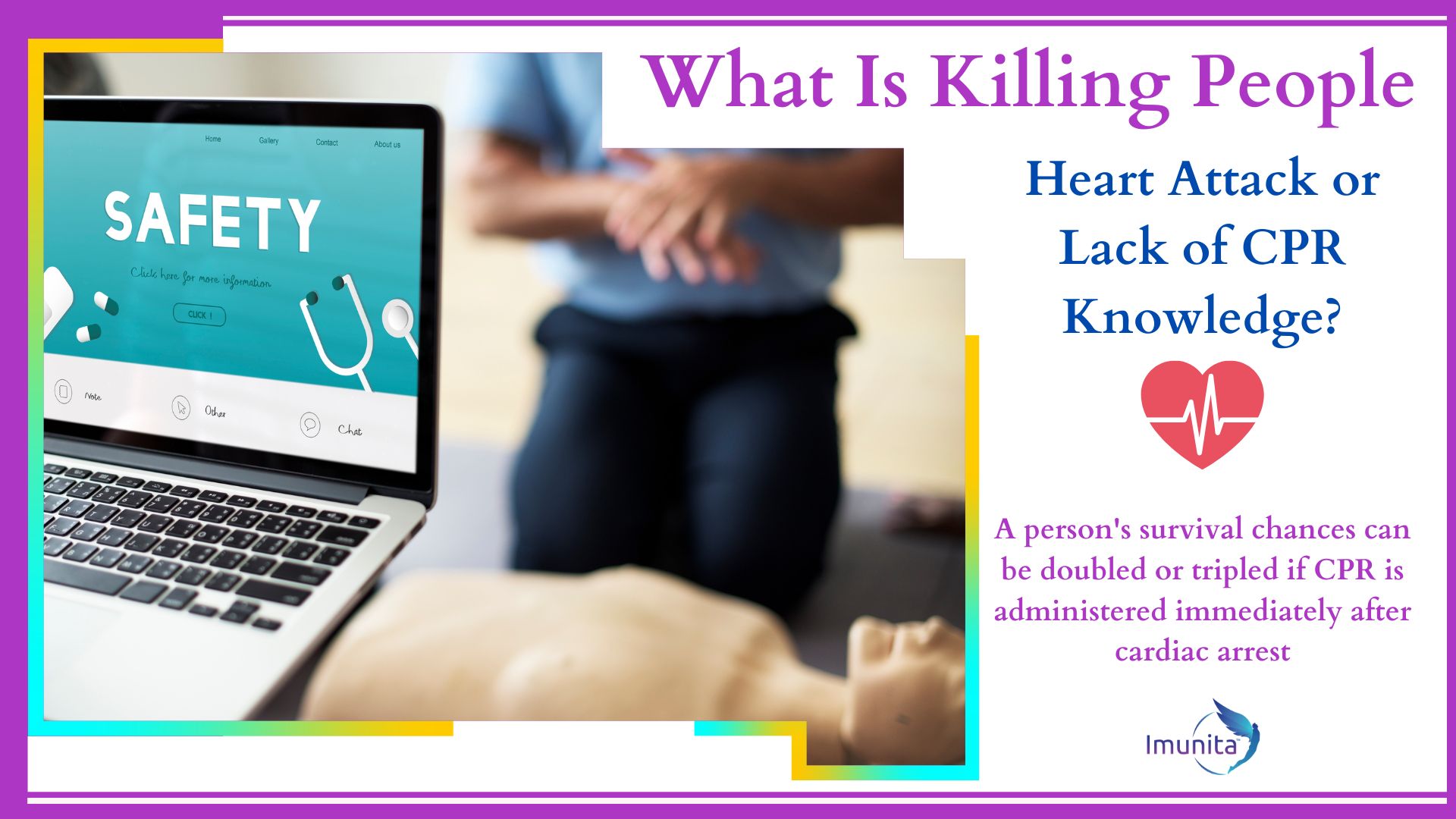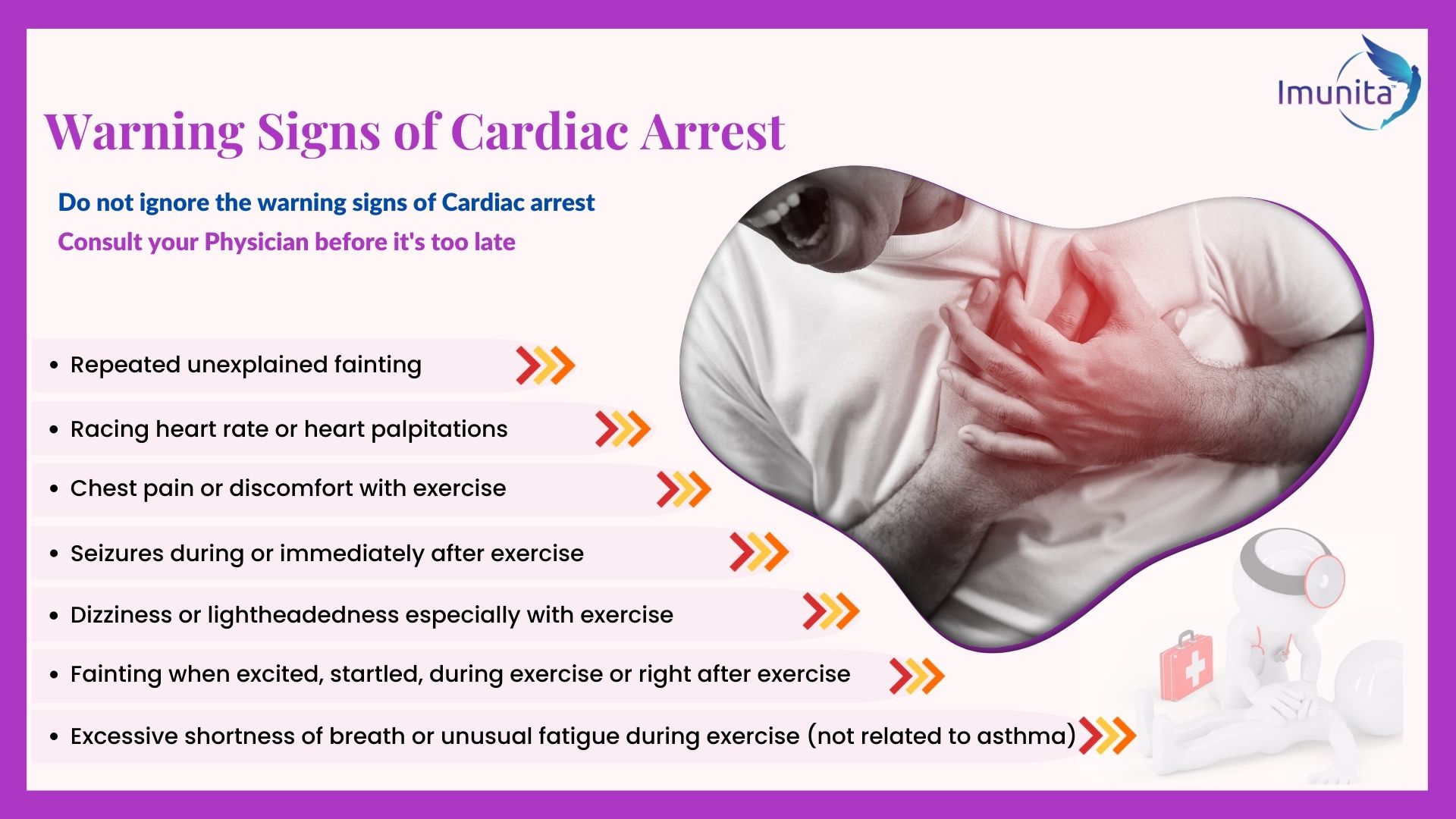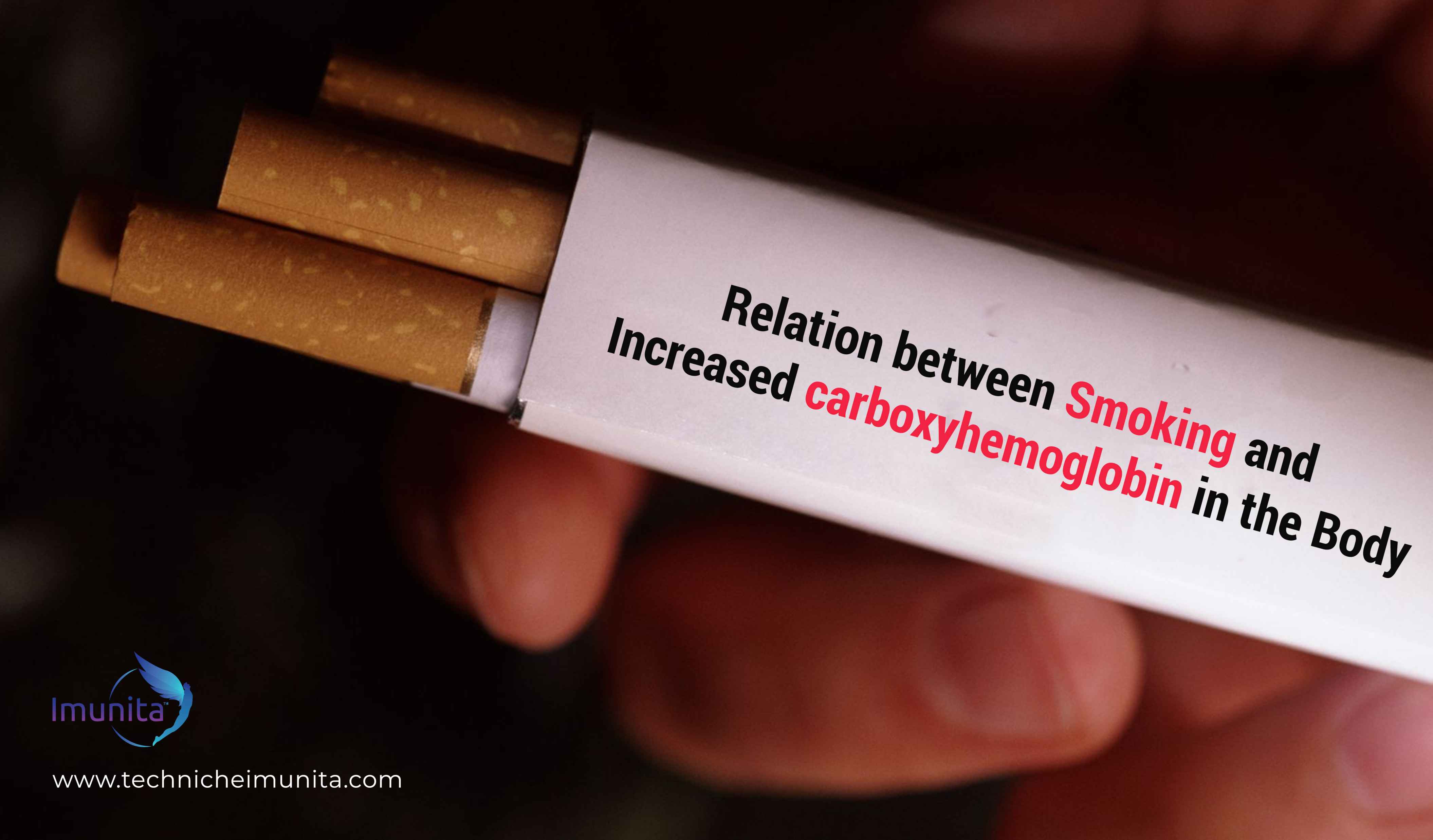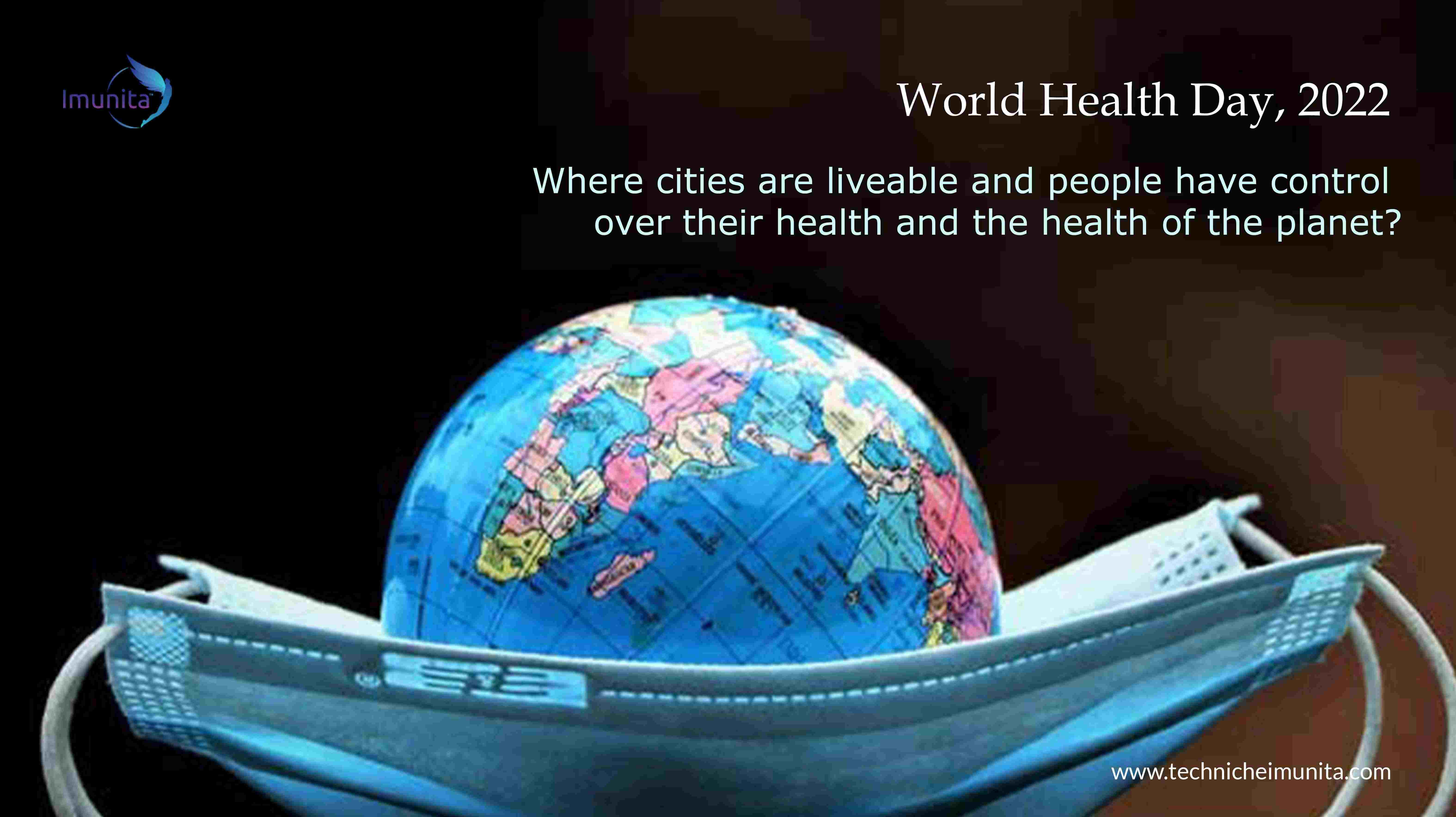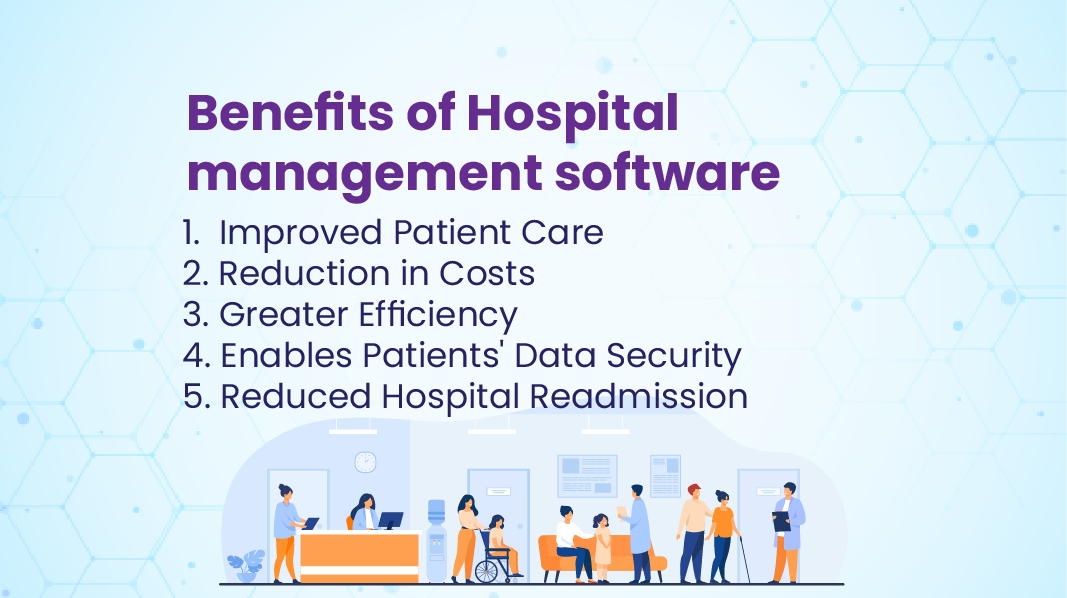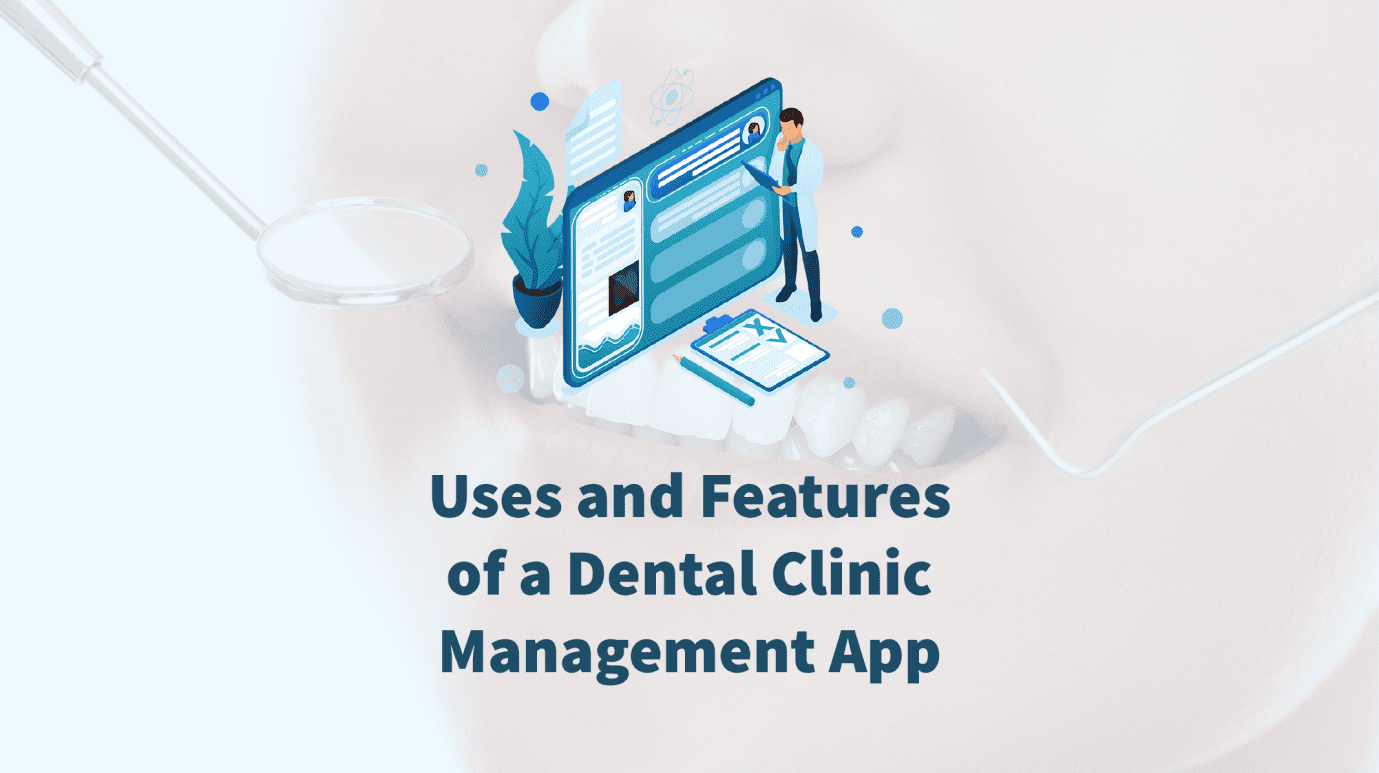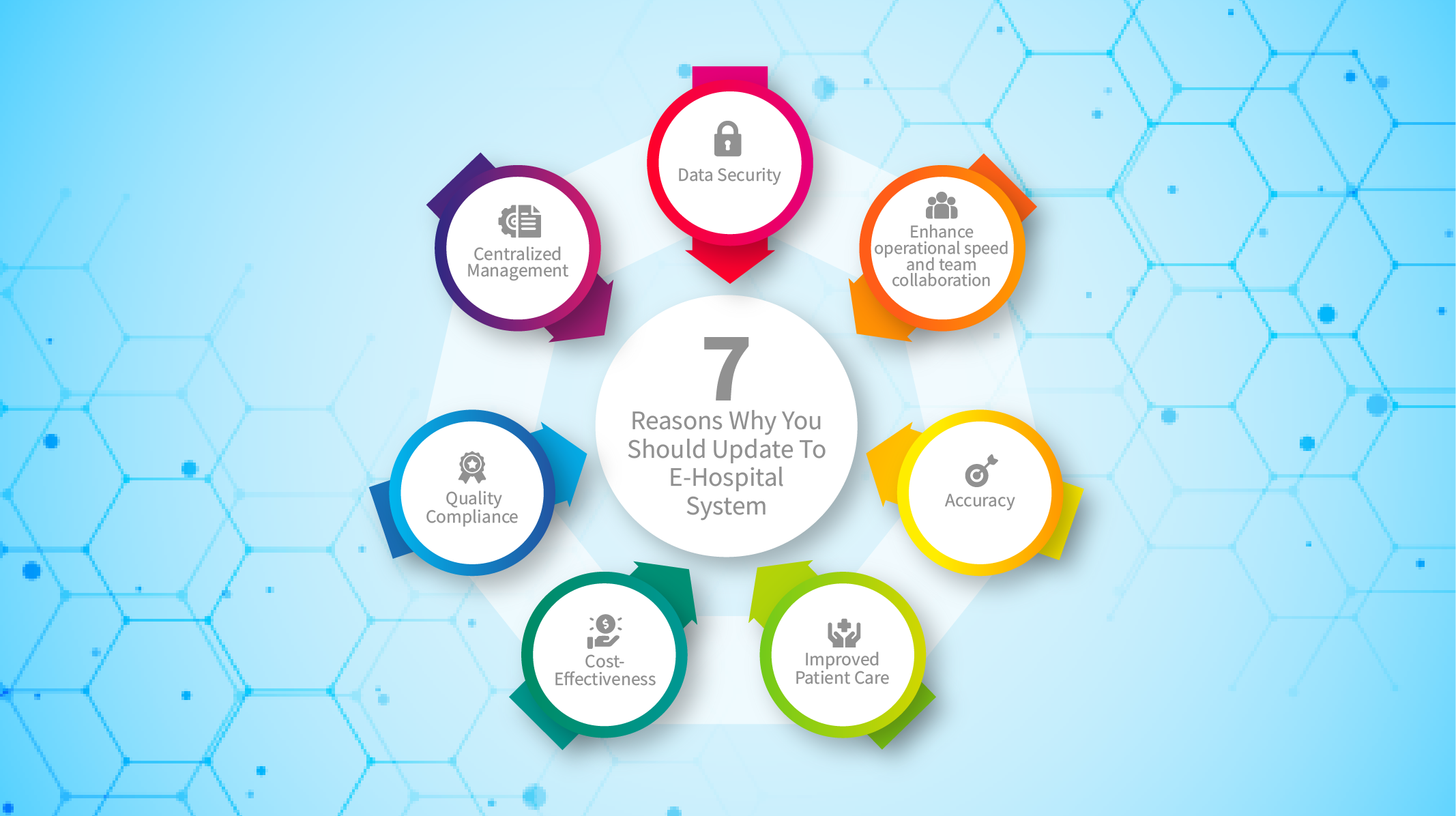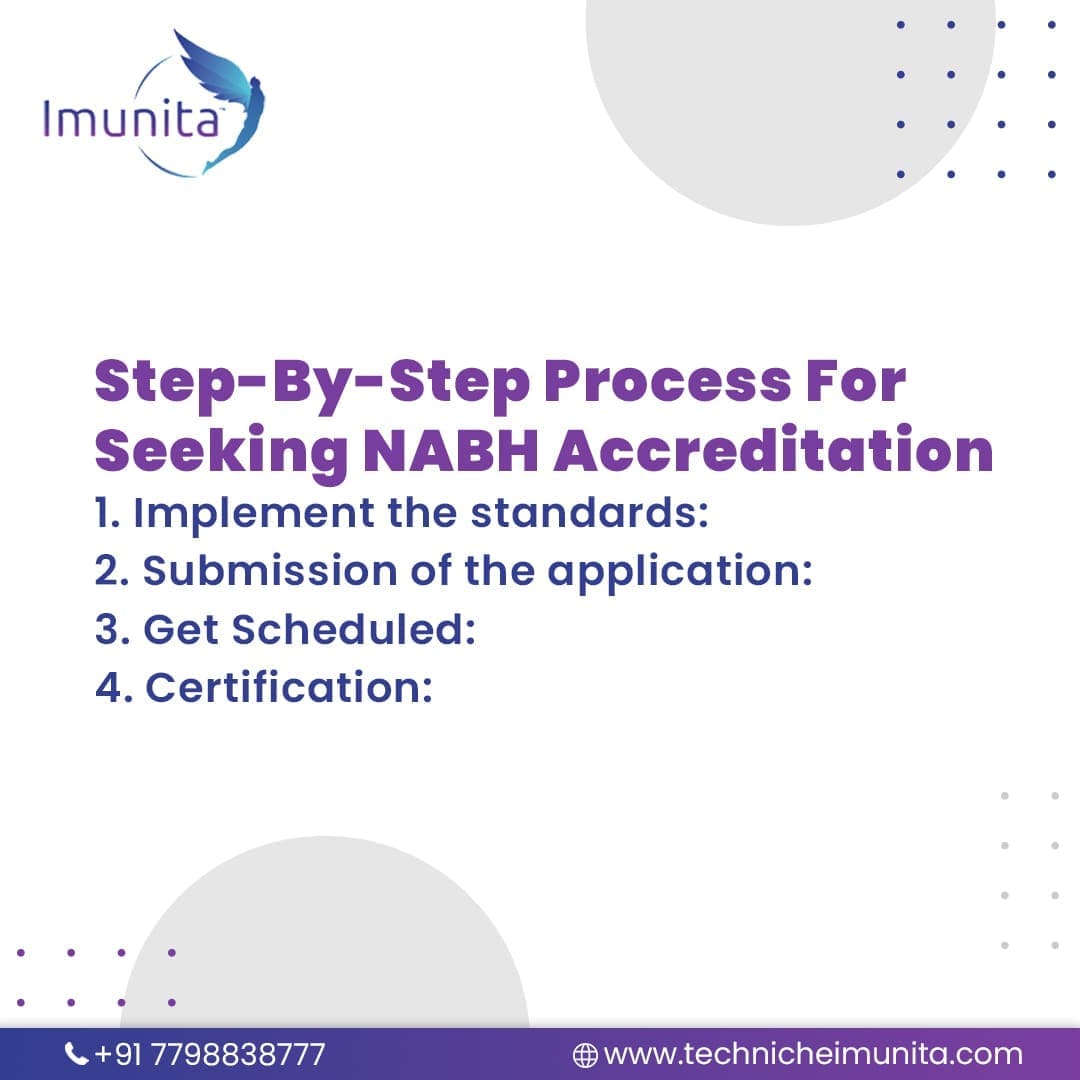Medical documentation plays a pivotal role in ensuring patient safety and overall healthcare quality. In the ever-evolving landscape of healthcare, accurate medical documentation stands as the linchpin, ensuring patient safety, streamlined communication, and advancements in research. From enhancing continuity of care to addressing legal and ethical imperatives, we navigate the complexities and challenges faced by healthcare professionals. Join us on a journey into the heart of precision, where the art and science of documentation converge to shape the future of healthcare delivery.
1. Understanding Medical Documentation: Medical documentation refers to the comprehensive recording of patient information, including medical history, diagnoses, treatments, and outcomes. This process involves meticulous attention to detail, as every piece of information contributes to the overall understanding of a patient's health journey.
2.Challenges in Medical Documentation: While the benefits of accurate medical documentation are evident, healthcare professionals face challenges in maintaining precision. Time constraints, documentation fatigue, and the complexity of documenting diverse patient cases can contribute to errors. Addressing these challenges requires a collective commitment to training, workflow optimization, and the integration of user-friendly technologies. Some of the challenges in maintaining medical records are:
-
Time Constraints:
Healthcare professionals often grapple with limited time, hindering their ability to meticulously document patient information. -
Documentation Fatigue:
The repetitive nature of medical documentation can lead to fatigue, diminishing the practitioner's focus and increasing the likelihood of errors. -
Complex Patient Cases:
The diverse and intricate nature of patient cases introduces complexity, making it challenging to capture nuanced medical details accurately. -
Training Gaps:
Insufficient training in documentation practices can contribute to inaccuracies, emphasizing the need for continuous education in this critical aspect. -
Workflow Challenges:
Inefficient workflows can impede the seamless integration of documentation into daily practices, creating bottlenecks and room for oversight. -
Integration of Technology:
While technology offers solutions, the integration of Electronic Health Records (EHRs) may pose challenges, requiring adaptation and ongoing vigilance. -
Data Security Concerns:
The shift to digital documentation brings concerns about data security, necessitating robust measures to protect patient information. -
Interoperability Issues:
Ensuring seamless communication between different systems and healthcare providers remains a persistent challenge in the digital documentation landscape. -
User-Friendly Tools :
The need for intuitive and user-friendly documentation tools is crucial to encourage adoption and reduce the risk of errors. -
Compliance Challenges:
Staying abreast of evolving documentation standards and compliance requirements adds an additional layer of complexity for healthcare professionals.
Importance of Accurate Medical Documentation
-
Ensuring Patient Safety Through Accuracy:
Accurate medical documentation is the bedrock of patient safety. It serves as a reliable source of information for healthcare providers, allowing them to make informed decisions about a patient's care. From medication management to surgical procedures, precise documentation minimizes the risk of errors that could jeopardize a patient's well-being. -
Enhancing Communication Among Healthcare Providers:
Effective communication among healthcare providers is crucial for coordinated and seamless patient care. Accurate medical documentation serves as a shared language, enabling physicians, nurses, and other healthcare professionals to understand a patient's history and ongoing treatment plans. This interdisciplinary collaboration is fundamental to providing holistic and personalized care. -
Legal and Ethical Implications:
In the realm of healthcare, accurate documentation holds legal and ethical significance. Detailed records not only protect healthcare providers from potential legal issues but also ensure transparency and accountability. Patients have the right to access their medical information, and precise documentation upholds the ethical principle of patient autonomy. -
Facilitating Continuity of Care:
Medical documentation is essential for maintaining continuity of care, especially in scenarios where patients transition between healthcare settings. Whether moving from a primary care physician to a specialist or from a hospital to a rehabilitation facility, accurate records enable a smooth transition, preventing gaps in crucial information and reducing the risk of medical errors. -
Quality Improvement and Research
Beyond individual patient care, accurate medical documentation contributes to the broader landscape of healthcare quality improvement and research. Aggregated data from medical records allows for the identification of trends, the evaluation of treatment efficacy, and the advancement of medical knowledge. Research endeavors heavily rely on the accuracy of documented information to draw meaningful conclusions. -
Technological Advancements in Medical Documentation
In the digital age, technological advancements have revolutionized medical documentation. Electronic Health Records (EHRs) streamline the documentation process, making it more accessible and efficient. However, the implementation of these technologies requires ongoing training and vigilance to ensure accuracy and data security. -
Training and Education for Healthcare Professionals
Ensuring accurate medical documentation begins with comprehensive training and education for healthcare professionals. Clear guidelines, continuous training programs, and updates on documentation best practices empower providers to navigate the complexities of medical record-keeping with precision.
Conclusion: A Commitment to Patient Safety
The importance of accurate medical documentation cannot be overstated. It is the cornerstone of patient safety, effective communication, legal and ethical compliance, continuity of care, and advancements in healthcare research. As the healthcare landscape continues to evolve, a steadfast commitment to precise documentation is paramount to ensuring the well-being of patients and the overall efficacy of healthcare systems. By embracing the principles of accuracy, transparency, and continuous improvement, healthcare providers can navigate the challenges of medical documentation and contribute to a healthcare environment that prioritizes patient safety above all else.
Keyword Used: Medical DocumentationMeta Description:Unlock patient safety with precise medical documentation. Explore its vital role in healthcare quality, legal compliance, and research advancement.
Alt tag for image:Medical Documentation




 "
"

